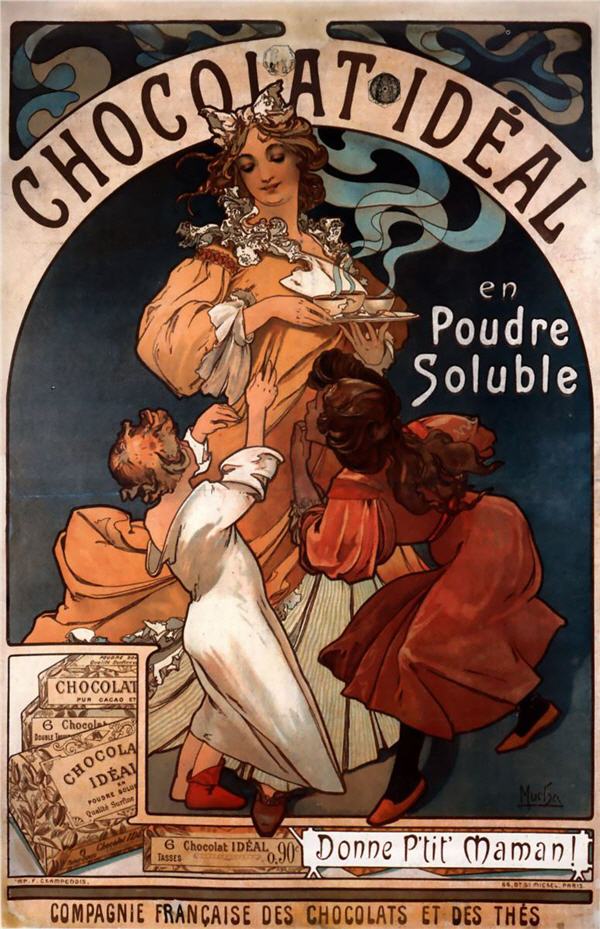Creative Assignment Final Photos


Renoir, Odalisque,
1870 (Above)
Pierre-Auguste Renoir was a leading Impressionist painter
and one of the most famous artists of the early twentieth century. This
particular work by Renoir is called Odalisque. It was made in 1870, with oil on
canvas and is one of his most famous works of art. The image is a portrait of
an Algerian woman, who is actually a famous French model, Lise Trehot, lounging
in her boudoir. The piece has a darkly seductive mood. Unlike Renoir’s other
paintings of women this painting shows a woman far from his “idealized” (French
Caucasian) vision. The woman sits in a provocative pose, legs spread and eyes
daring, and skin tone of a sickly nature. She portrays a dangerous yet
appealing emotion to the audience. During the time period this painting did not
conform to Renoir’s normal works or the French ideals of beauty.
Renoir took many trips to Algeria in his life time, and
portrayed his sightseeing through his paintings. This painting shows a hint of
how the French or European lifestyle was introduced to the new lifestyle of the
Middle Eastern world. I also find the work interesting because it shows how the
French during the time has an obsession with Orientalism of the new culture
introduced to them.
What I love most about Renoir’s works is his attention to decorative
arts, such as patterns, colors, and textures. He also is not afraid to paint
showing the visual strokes on the canvas. As an impressionist painter, figures are
often fused with the background setting .
My appropriation of Renoir’s Odalisque tries to closely follow
the impressionism style. I composed the image as close as possible to the
original painting by using props and the position of the model. I wanted the
model’s position to be the same to keep the daring pose and portrayal of seduction.
I also made it important to focus on texture and color throughout the artwork.
I chose textiles that closely matched those of the Algerian props Renoir used.
I also wanted to repeat colors throughout the work to create a subconscious
cohesion. I think what I found most enjoyable throughout this project was
taking photographs of items and making them look like other items to the
viewer. For instance, a carpet textile I had photographed was used for another
purpose, such as a wall. What others see in the piece, is not actually the
reality. Creating the foreground and background while trying to match the
lighting was an enjoyable challenge. I purposely did not make the model a different skin tone, or edit parts of her body because I wanted to enhance her inner beauty and support realistic women's beauty standards. Overall I wanted to portray the woman in
my artwork overwhelmed by the textiles and colors around her, while pushing the
boundaries of emotions for my viewers.


Pollock, Blue Poles,
1952
Jackson Pollock was an influential American painter and
major artist in the expressionism movement. This particular work of Pollock’s
is titled Blue Poles made in 1952. He was known for his unique style of drip
painting. Blue Poles contains a story within its chaotic canvas. The artwork
contains shoe and footprints and even glass shards which show Pollock’s vigorous
working techniques. Some believe that he made the blue lines to try and unite
the painting together.
Even though the painting is just splatters of paint there is
some technical ideas behind it. What I find most clear is the use of a consistent
color pallet limiting to around six or less colors. There is also the repeating
pattern of blue lines in the foreground. These are somewhat a subject matter in
the artwork.
I thought it would be an interesting and creative challenge
to choose Pollock’s work as an appropriation piece for my Photography
assignment. This is because there is no actual physical object or scene within
the work, meaning that my creativity would have to include some type of
photography aspect. When I look at Pollock’s artworks, I always try to see
something hidden within them, some deep emotion, or physical imagery. I believe
many of our brains try and find something within the abstract composition. For
my artwork I wanted to portray this thought into my own Pollock’s artwork using
photography. I wanted the aspect of a person doing a unique pose coming out or
blending in with the paint artwork behind it. I thought it would also be
interesting to be able to clearly see the figure from far away versus looking
from close up. I was somewhat inspired by the story, The Yellow Wallpaper,
where the main character hallucinates a woman within the wallpaper, which some people
analysis to be her own trapped emotions.
I created a color pallet that I enjoyed and would be
visually bold. I then composed the paint by using Photoshop brushes until I
found a scene that was similar to the chaotic painting of Pollock’s. I created
the figure to be hidden in some aspects, where only highlights and shadows are visible
to the viewer. I think what I enjoyed most about this work was trying to find a
way to portray Pollock’s and my own emotions through an abstract way using photography.
_____________________________________________________________________________
Ideas for Creative Assignment 1
Renoir, Odalisque, 1870
|
 |
Photographyer Richard Fegley, #29 Playboy Issue, 1971
|
 |
Mucha, The Seasons: Summer, 1900
|
Pollock, Blue Poles, 1952
|

No comments:
Post a Comment